Essential Oils For Sunburn Treatment
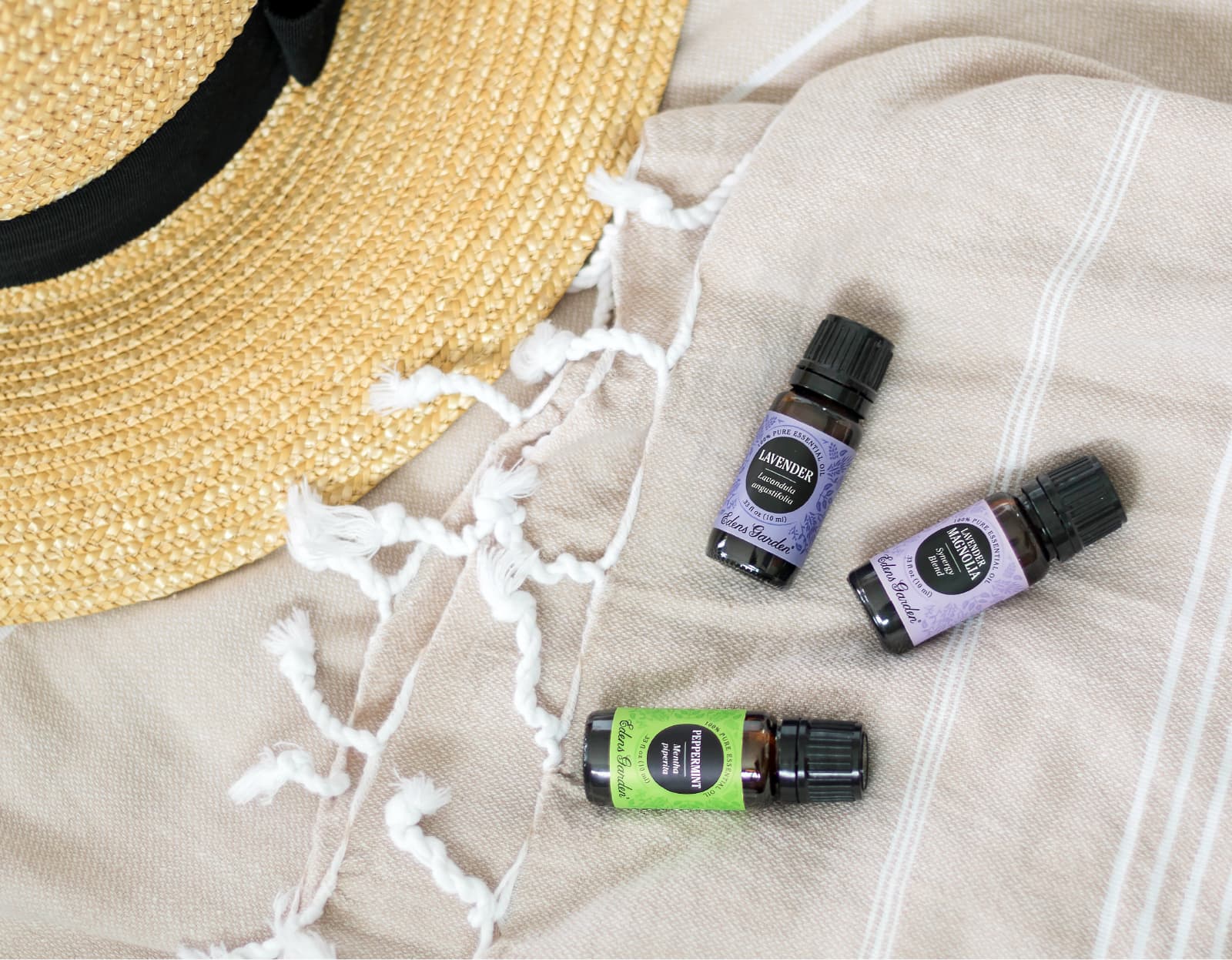
This content was updated for accuracy and relevance on November 4th, 2020
Essential oils have several potential benefits, from promoting a sense of calm to soothing sore muscles. Did you know that certain essential oils can help promote skin health, too?
In the summer, nothing feels better than soaking in a bit of sun. But as you know, damaging UVA and UVB rays can cause short-term irritations like sunburn, and lead to long-term damage in the form of wrinkles, sun spots, and other signs of aging.
Essential oils are vaunted for their ability to soothe sunburns. So, what essential oil is good for sunburn relief that you can add to your post-sun skin care?
This is your guide on using essential oils for sunburn treatment.
What Essential Oils Are Good For Treating Sunburns
While aromatherapy is not ideal for sunburn prevention, some essential oils have the potential to deliver powerful aid on those days when you’ve had too much sun exposure. From reducing skin irritation to soothing your itches, essential oils may help with several aspects of sunburn aftercare.
Let’s take a look at a few essential oils to consider using after a long day in the sun.
Lavender Essential Oil
In their 2002 review of research on Lavender oil, Heather Cavanagh and Jenny Wilkinson, Professors of Biomedical Science at the University of Melbourne, note that the plant has been used therapeutically since the classical period, when it was a popular Greek and Roman health aid.1 It has likewise been used to reduce the discomfort associated with sunburn since at least the 1930s.
While scientists are still researching the specific chemical pathways that give Lavender its beneficial properties, Lavender essential oil may impart the following benefits:
- Soothing Stress – Cavanagh and Wilkinson speculate that the plant’s widely noted calming effects may help users manage physical discomfort. Similarly, an overall feeling of calm might reduce the mental stress of a sunburn.
- Reducing discomfort – Researchers have found that Lavender oil possesses a measurable analgesic effect, soothing soreness and irritation in a number of clinical contexts.
- Antioxidant properties – Oxidization, also called free radical damage, is the process by which harmful substances, including UV rays damage human cells. Antioxidant substances, including lavender, are thought to protect cells and combat oxidative stress. Specific studies of lavender extract confirm its antioxidant power.2
This means that a Lavender essential oil may improve your sunburn in the short-term, and prevent some potential negative long-term consequences associated with UV rays.
Magnolia Essential Oil
Magnolia essential oil could be considered the best essential oil for sunburn aid, if not one of the best.
- Magnolia is widely used in Asian countries for therapeutic purposes, including calming and pain reduction.[3]
- Like Lavender essential oil, Magnolia essential oil has proven antioxidant properties.[4]
Combining soothing properties and potential anti-aging qualities, this aromatic oil can be a welcome addition to a home sunburn remedy.
Peppermint Essential Oil
In a review of research on Peppermint, Professor Aishwarya Balakrishnan notes that the plant has been used in folkloric medicine to soothe everything from headaches to the common cold.5
However, recent studies show that it has one specific benefit of interest to sunbathers: A Peppermint essential oil can help reduce itchiness in people with chronically itchy skin, and people suffering from heat-related burns.6
While no specific studies have focused on Peppermint essential oil’s efficacy for sunburns, some over-the-counter sunburn remedies include Peppermint essential oil, bolstering its place as an effective after-sun topical.
Can I Put Essential Oil Directly on a Sunburn?
The proper (and safest) way to experience the beneficial effects of essential oils is by diluting your favorite essential oil with a carrier oil before any topical application. Or you can use one of our specially designed topical essential oil blend Sunburn Recovery Roll-On. However, most responsible brands, including EG, caution customers to be careful when applying it to their most sensitive skin (especially the face).
And your skin is never more sensitive than when it’s burnt.
Whether you’ve just come out of the sun or your skin has already begun to peel, for safe application, proper dilution of your essential with a carrier oil is always necessary.
Using a Carrier Oil
Placing essential oils in a high-quality carrier oil dilutes the essential oil, so you only experience its positive effects. As an added bonus, many carrier oils have their own beneficial properties.
For example, Coconut oil may help with redness, itchiness, and even the persistent feeling of heat that often accompanies a sunburn. While more studies are needed, researcher Sophaphan Intahphuak and her colleagues found that Coconut oil has analgesic and antipyretic (anti-heat) effects in mice.7
Our Fractionated Coconut oil is lightweight and easily absorbed into the skin to deliver the best benefits of essential oils and Coconut oil itself. We recommend the following dilutions:
- 3-5% dilution on the body
- 1% on the face
Beyond carrier oils, there are additional ways you can incorporate powerful essentials into your routine.
What is the Best Home Remedy for Sunburn?
There are several popular home remedies for sunburn relief, and you can use essential oils in many of them. Popular remedies include:
- Aloe – Cut leaves of the aloe vera plant can be rubbed directly on a sunburn. You may already have an aloe plant in your window or an aloe gel in your medicine cabinet.
- Bathing in oatmeal – Place a cup of oatmeal in a stocking or wrap it in a piece of cheesecloth. Add 3-12 drops of diluted Lavender essential oil or another soothing oil of your choice. Note that a 1% dilution is recommended for bath use.
- Bathe in cool water – Don’t want to take food into your bathtub? Skip the oatmeal and take a cool bath. Follow the above instructions for essential oil.
- Chamomile tea – Like lavender, chamomile is known for its soothing properties. Brew tea bags, let them cool and then press directly against the irritated skin. You can also enhance your such as and .
- Black and green tea – Both black and green tea have antioxidants properties, and tannins. You’ve seen these ingredients in high-end skincare products for a reason: they may combat the signs of aging caused by UV rays. Use the same procedure as with chamomile tea bags.
- Witch hazel – This universal drugstore botanical contains tannins that combat inflammation. Apply it with a soaked cloth, or use cotton balls.
We’d be remiss if we didn’t mention how important it is to stay hydrated. Support your body in the work of repair by drinking plenty of water.
Make Your Own Soothing Sunburn Relief Spray
Combine the best of the above natural remedies in a soothing essential oil sunburn spray. That way, it’s easy to refresh your sunburned skin with a spritz whenever you get the urge to itch. Take it with you in a travel-sized aerosol and go about your day without letting your sunburn ruin it.
Combine the ingredients below:
- 2 tablespoons of aloe vera
- 2 tablespoons of witch hazel
- 1 tablespoon of Meadowfoam
- 3 drops of Peppermint oil
- 3 drops of Lavender oil
(You can also substitute one of the essential oils above for Chamomile oil or Tea Tree oil)
Place the sunburn treatment mixture in a 2.5 oz spray bottle. Shake before spraying and apply generously over the affected areas.
Aloe vera is a sunburn soother and causes cell regeneration, while Peppermint, and Lavender combine to reduce itchiness, promote relaxation, and even cool your skin down. Combined with witch hazel’s tannins, this mixture can help you feel better, sooner.
Store your homemade sunburn relief in the fridge for an estimated shelf life of 1-2 weeks.
Which Oil Has the Highest SPF?
Some homemade sunscreen recipes call for sun-protectant oils with SPF, including Coconut oil and Carrot Seed essential oil. Is there any truth to the claim about essential oils with SPF, or should you stick to store-bought sunscreens?
Let’s take a look at the evidence.
Carrot Seed Oil SPF
Does Carrot Seed oil really have a high enough SPF to protect your skin from sunburn? The short answer is probably not.
- Carrot contains a constituent called apigenin, which prevents UVA and UVB skin carcinogens.8 However, while this compound is found in carrots, there are no studies that prove it’s also in Carrot Seed essential oil. Therefore, it’s near-impossible to deduce what quantity of oil, if any, would have an SPF comparable to over-the-counter sunscreens.
- Gabriel Mojay of the International Federation of Professional Aromatherapists rejects the idea that Carrot Seed oil has a proven SPF.9 Mojay notes that some bloggers and essential oil enthusiasts seem to have a 2009 study from Pharmacognosy Magazine in mind when making their claims. However, this study was in reference to a product that also contained zinc, a major ingredient in sunscreen. It did not isolate Carrot Seed oil or test its SPF.
There are no studies that test or prove Carrot Seed oil’s efficacy as sun protection. Until there is research isolating Carrot Seed essential oil from zinc and other proven sun-protective compounds, there’s no way to verify that it provides any protection.
Coconut Oil as Sunscreen
In a review of several studies, scientists outlined the potential of herbal extracts to protect from UVs, including Coconut oil.10 They state that Coconut oil is able to resist 20% of UV rays. Scientists concluded in this review that plants may have potential SPF protection, but their exact potential is still undefined.
Should I Make Essential Oil Sunscreen?
At Edens Garden, we’re fans of natural skincare products. However, when it comes to sunblock, it’s important to use a tested product guaranteed to deliver the protection you need.
Clinical Aromatherapist Amy Kreydin lays out the how-tos of making DIY sunscreen. The conclusion is that it takes thousands of dollars’ worth of lab equipment and necessary testing to do so.11
Thus, when it comes to sunscreen, we recommend sticking with the expertly formulated kind you buy at the store and using essential oils for after sun care instead. That way, you can continue to love and enjoy the skin you’re in.
Edens Garden
When you’re using essential oils for damaged skin caused by UV rays, it’s important to seek out high-quality, pure, natural oils that deliver the full spectrum of botanical healing properties. At Edens Garden, we offer the highest quality oils at an affordable cost.
How do we do it? As a Christian and woman-owned business, we highly value transparency. Our direct-to-consumer model allows us to source the best ingredients from indigenous plants around the world, third-party test our oils for potency and purity, and sell them at reasonable prices.
Whether you’re looking to calm your nerves, soothe your sunburn, or craft your own perfumes with natural ingredients, we have the perfect oil for your bouquet.
Sources:
- [1] Cavanagh, H.M.A. and Wilkinson, J.M. “Biological activities of Lavender essential oil.” Phytother. Res., 16 (2002): 301-308. https://onlinelibrary.wiley.com/doi/abs/10.1002/ptr.1103?casa_token=TrevNG748woAAAAA:hifNb_cQJeRLzmdb7X
- [2] Gulcin, Ilhami et al. “Comparison of antioxidant activity of clove (Eugenia caryophylata Thunb) buds and lavender (Lavandula stoechas L.).” Food chemistry 87,3 (2004): 393-400. https://www.sciencedirect.com/science/article/abs/pii/S0308814603006393
- [3] Avizienis, Audra. Essential Oils. New York: Simon & Schuster, 2019. https://www.simonandschuster.biz/books/Essential-Oils/Audra-Avizienis/Essentials/9781684126378
- [4] Wu, Jun et al. “Effective symptomatic treatment for severe and intractable pruritus associated with severe burn-induced hypertrophic scars.” Burns vol. 42,5 (2016): 1059-1066. https://www.sciencedirect.com/science/article/pii/S0278691509003482
- [5] Balakrishnan, Aishwarya. Journal of Pharmaceutical Sciences and Research vol 7,7 (2015): 474-476.
- https://www.jpsr.pharmainfo.in/Documents/Volumes/vol7Issue07/jpsr07071524.pdf
- [6] Elsaie, Lotfy T et al. “Effectiveness of topical peppermint oil on symptomatic treatment of chronic pruritus.” Clinical, cosmetic and investigational dermatology vol. 9 (2016): 333-338. https://www.ncbi.nlm.nih.gov/pmc/articles/PMC5066694/
- [7] Intahphuak, S & P. Khonsung & A. Panthong. “Anti-inflammatory, analgesic, and antipyretic activities of virgin coconut oil.” Pharmaceutical Biology vol 48, 2 (2010): 151-157. https://www.tandfonline.com/doi/full/10.3109/13880200903062614
- [8] Shankar, Eswar et al. “Plant flavone apigenin: An emerging anticancer agent.” Current pharmacology reports vol. 3,6 (2017): 423-446. https://www.ncbi.nlm.nih.gov/pmc/articles/PMC5791748/
- [9] Mojay, Gabriel. Post decrying the SPF of Carrot Seed oil. Facebook, June 9, 2014. https://www.facebook.com/gabriel.mojay/posts/1440673469517516
- [10] Korać, Radava R, and Kapil M Khambholja. “Potential of herbs in skin protection from ultraviolet radiation.” Pharmacognosy reviews vol. 5,10 (2011): 164-73. https://www.ncbi.nlm.nih.gov/pmc/articles/PMC3263051/
- [11] Kredyin, Amy. “DIY Sunscreen.” The Barefoot Dragonfly. 8 May 2018, http://www.thebarefootdragonfly.com/diy-sunscreen/.
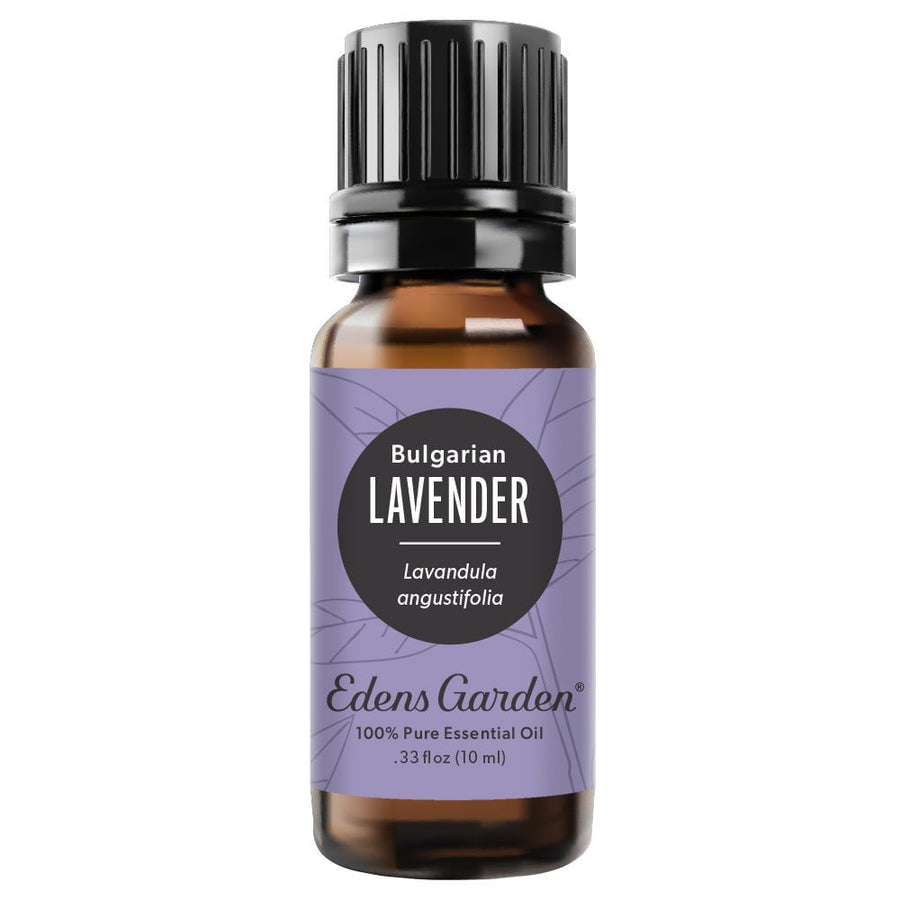
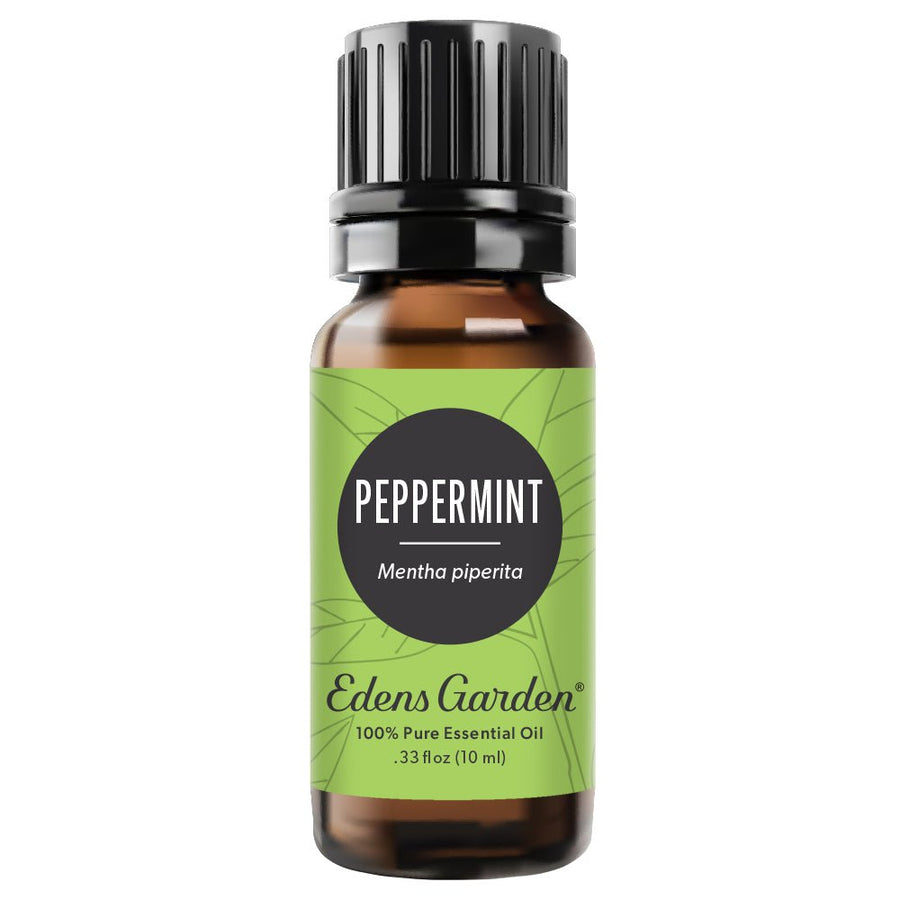
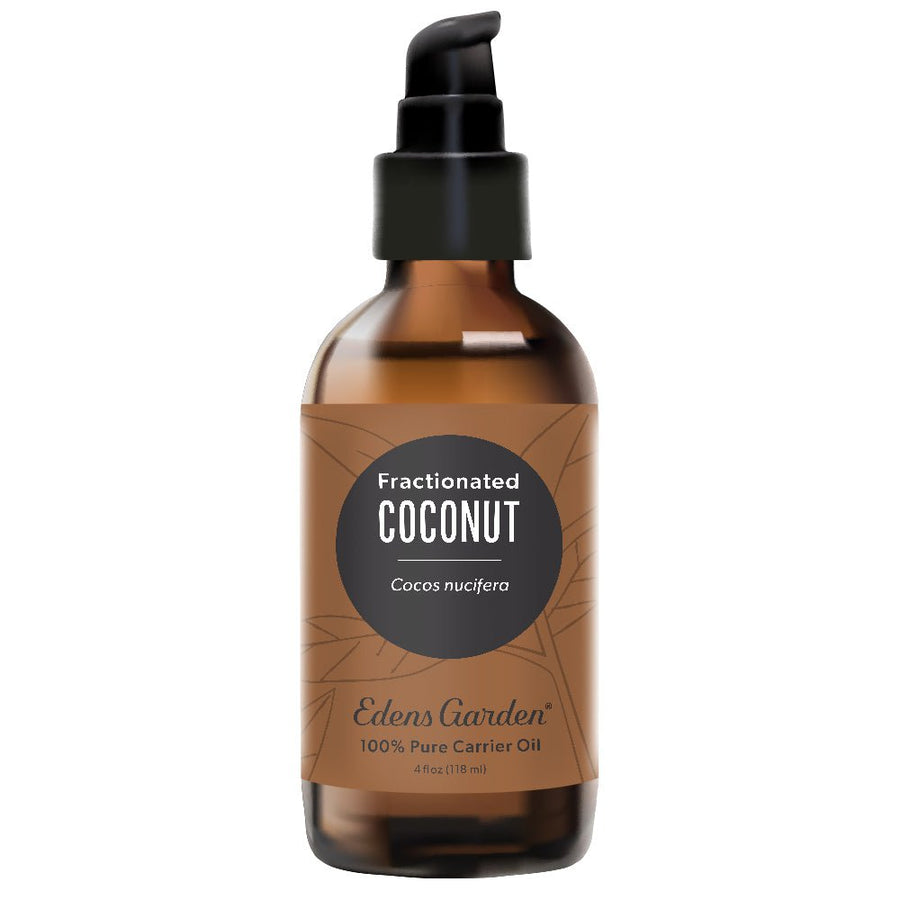
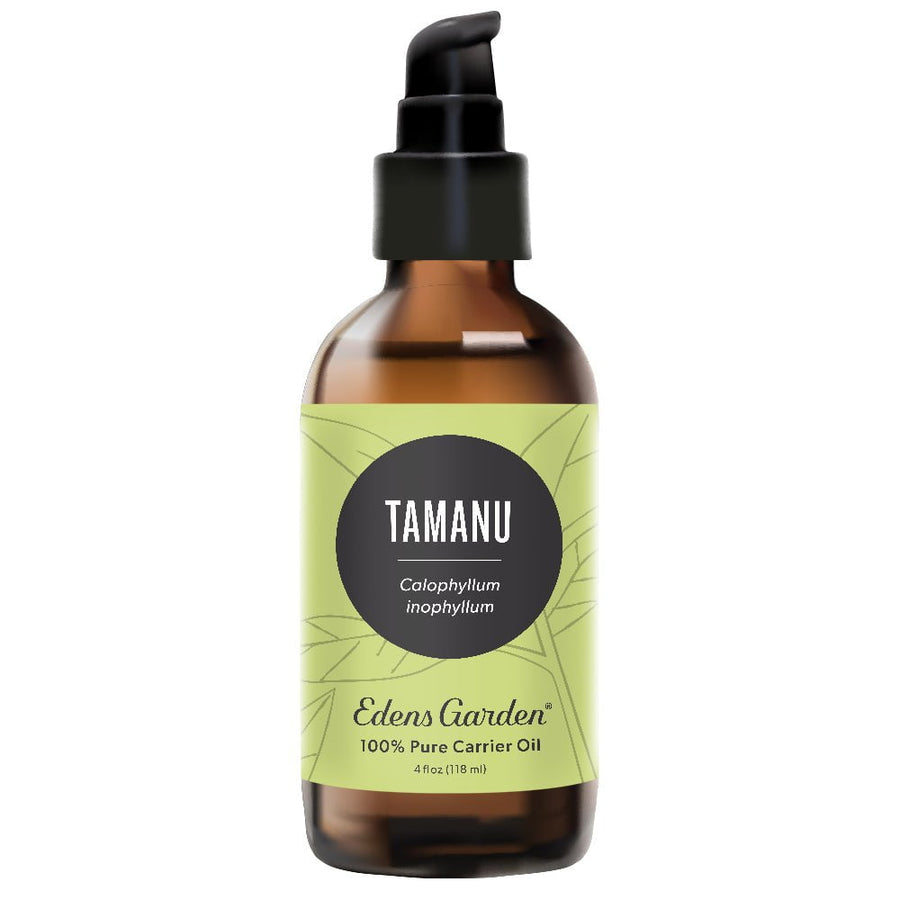
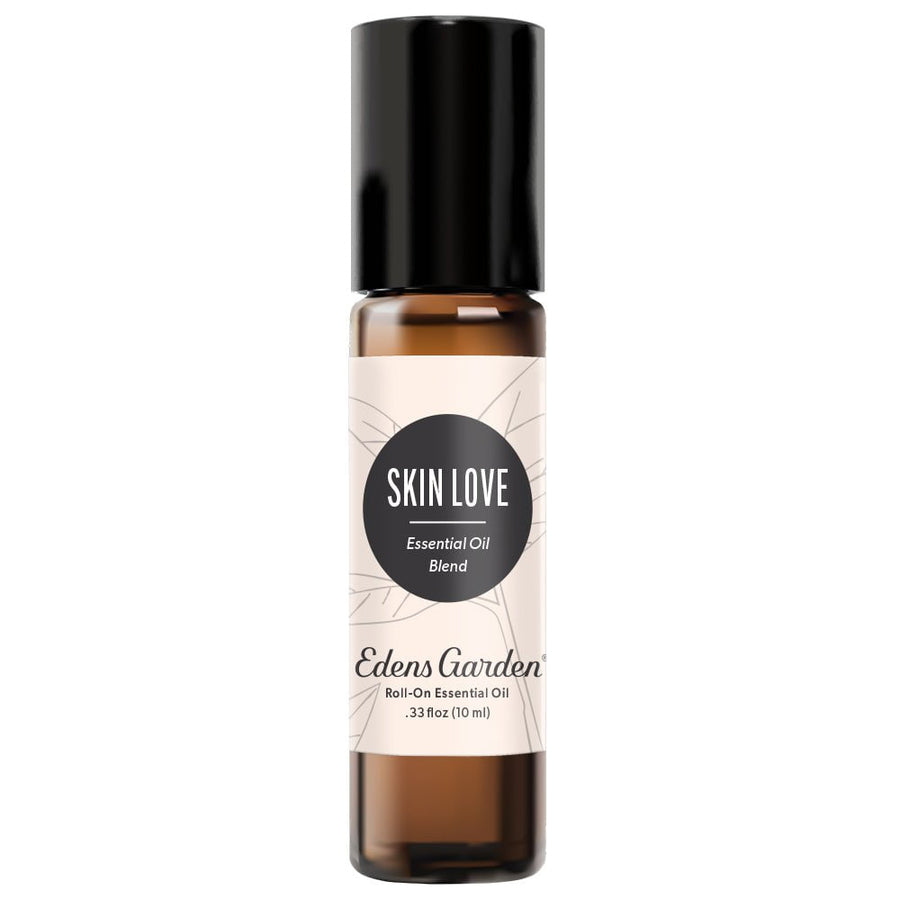
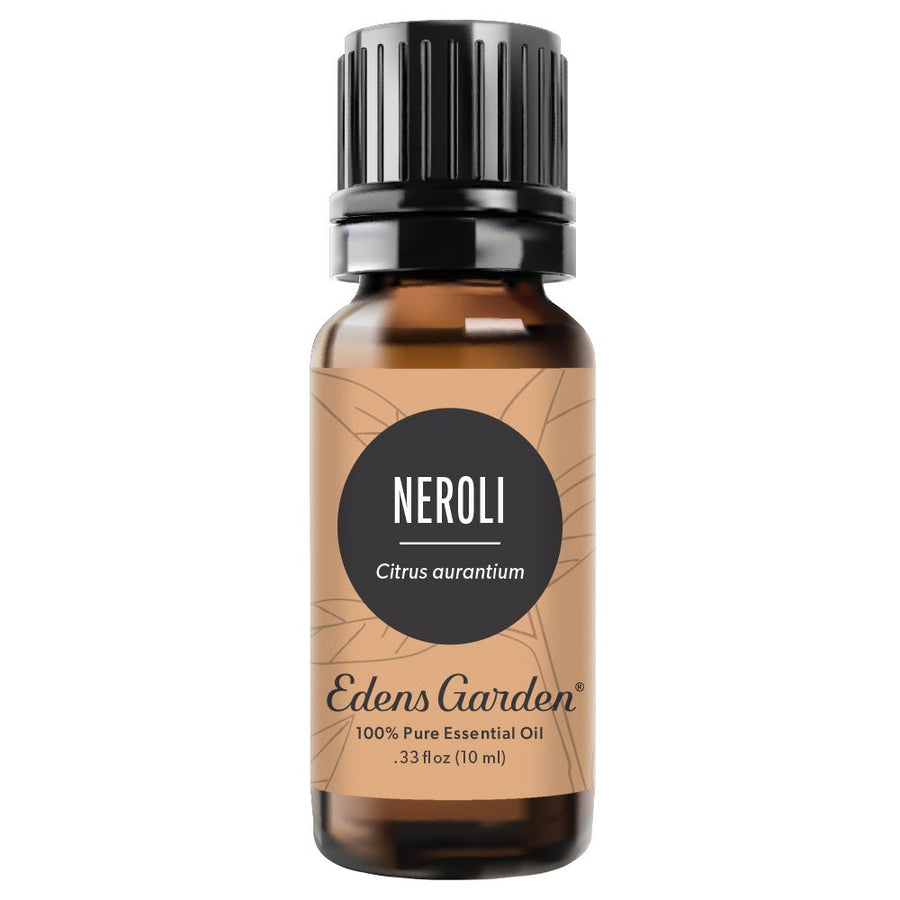




Leave a comment (Comments will be approved before showing up)